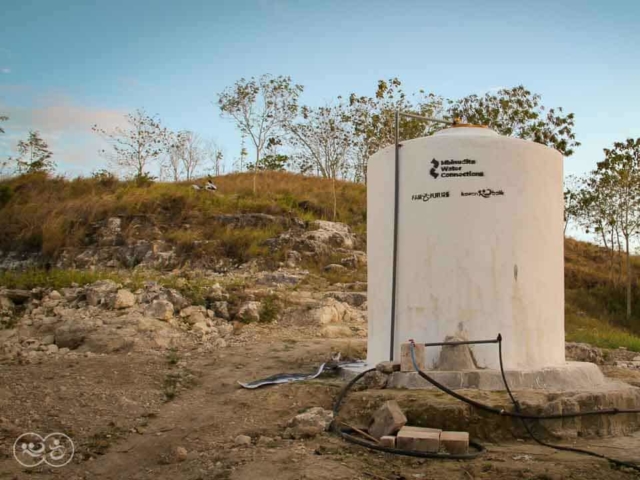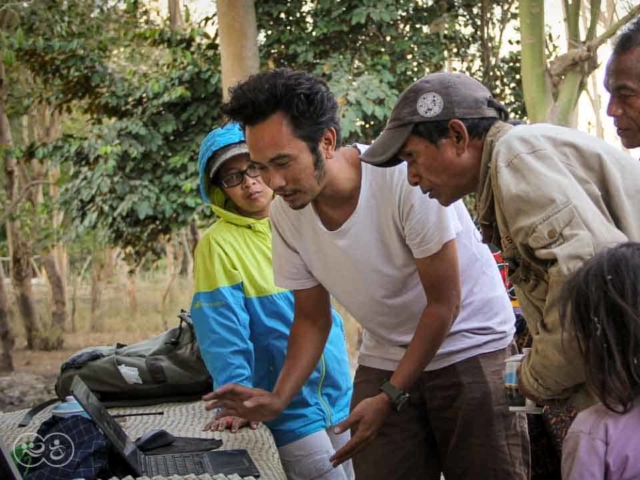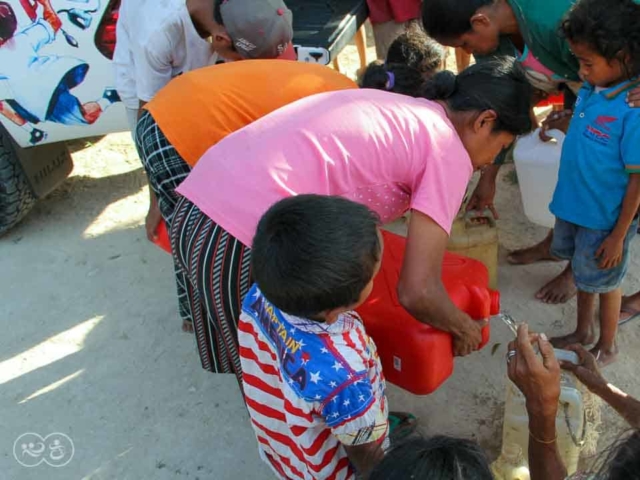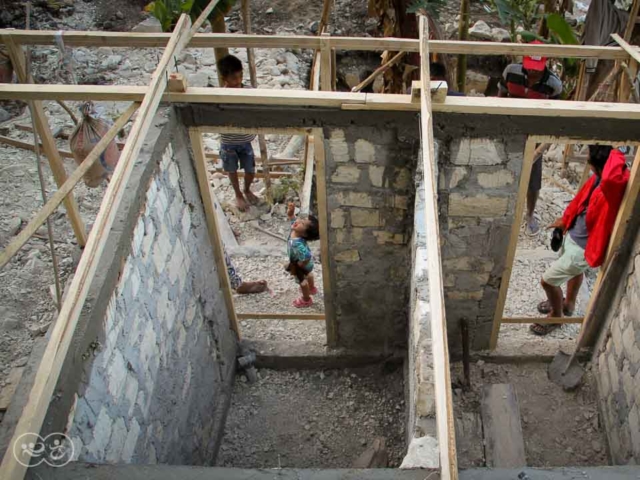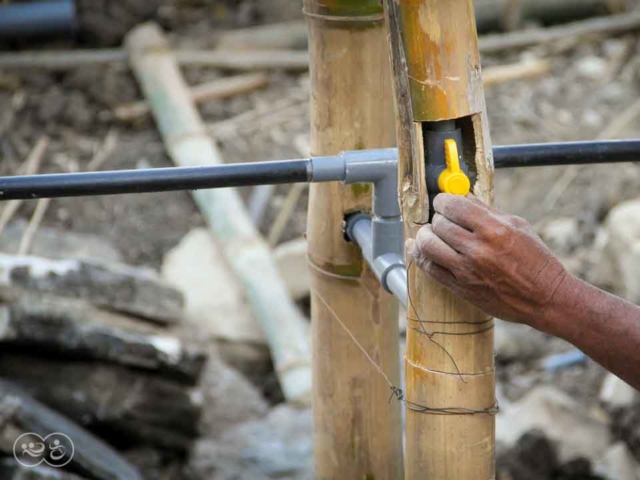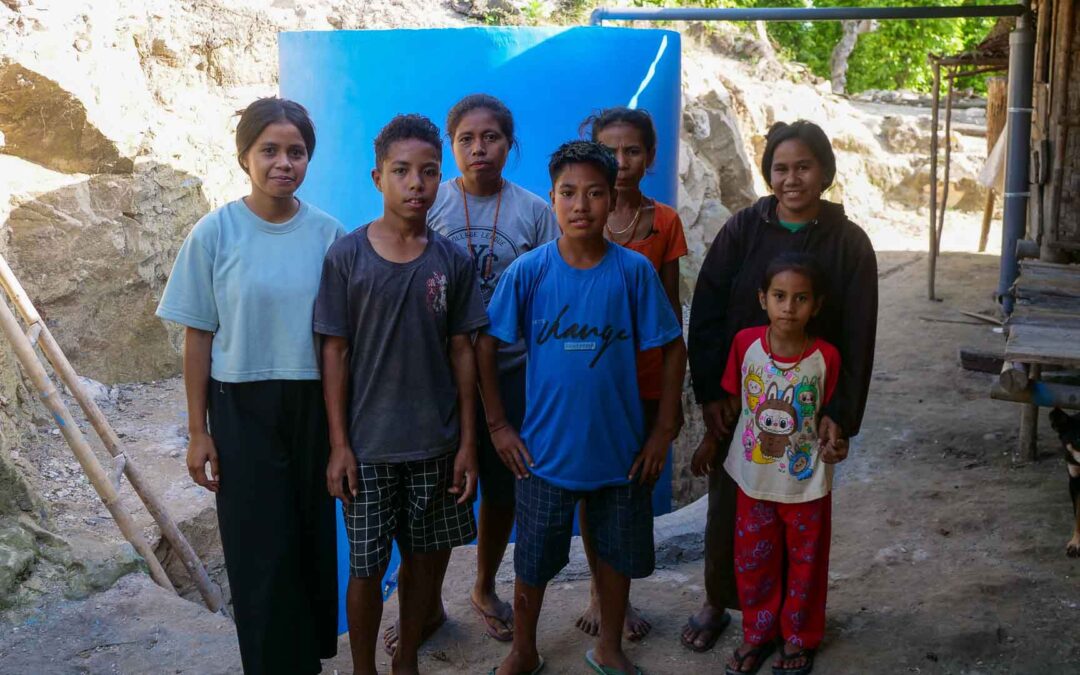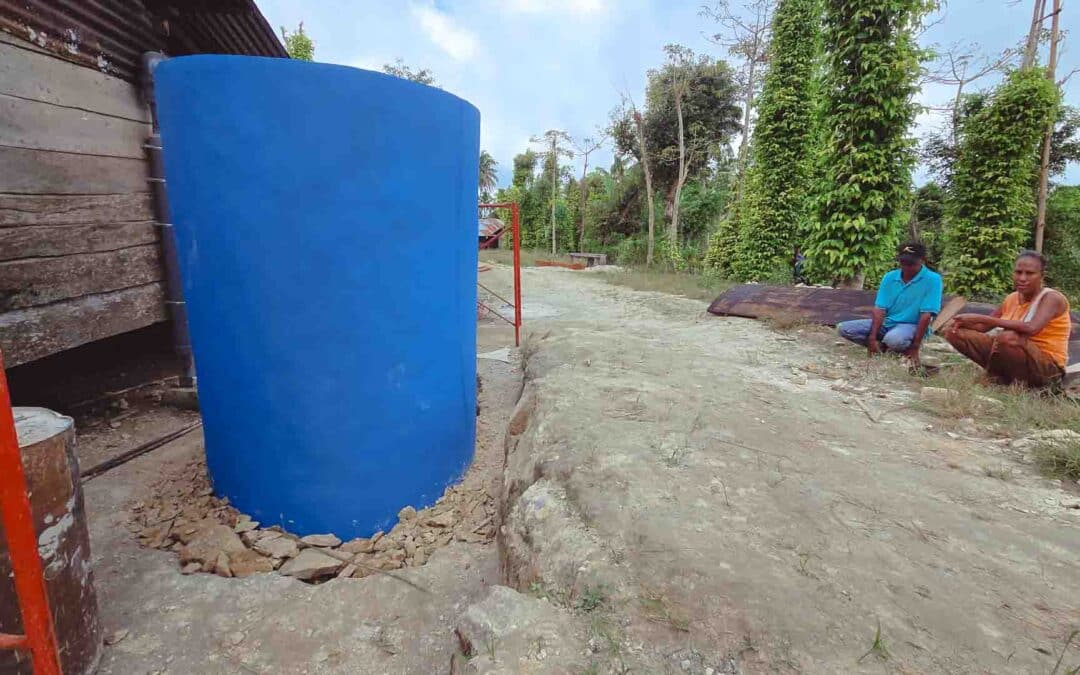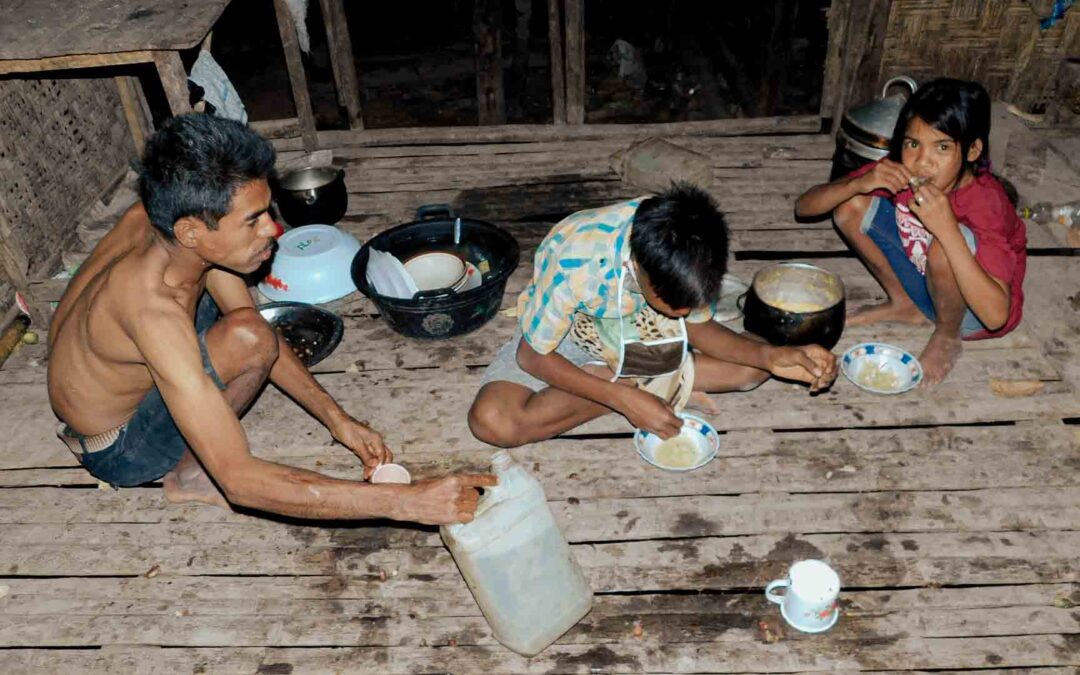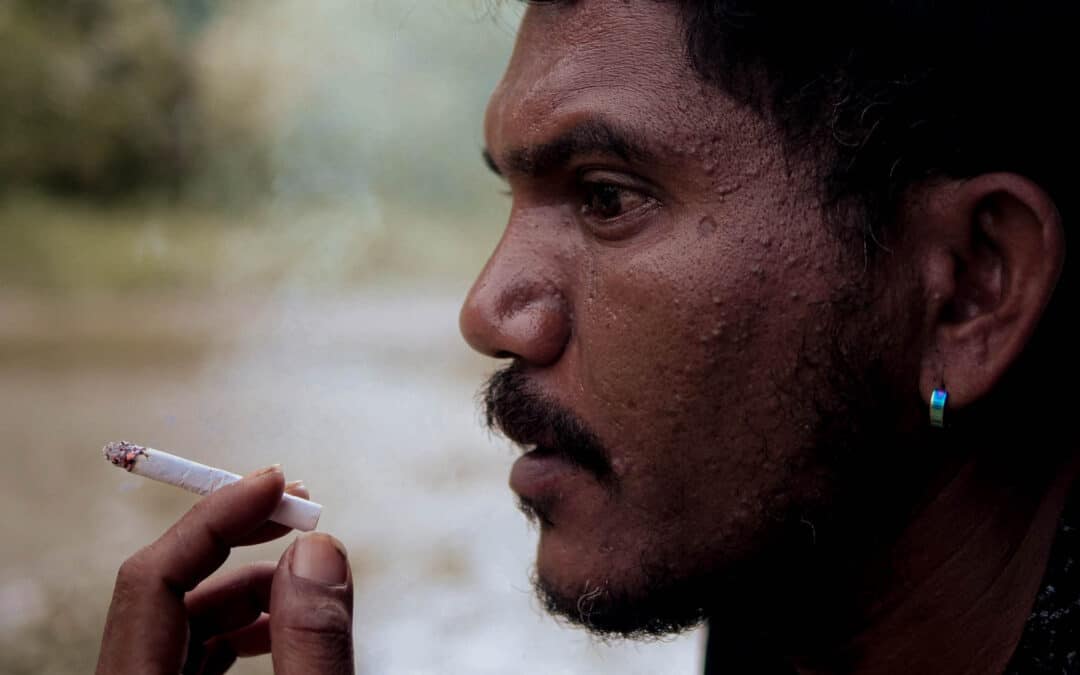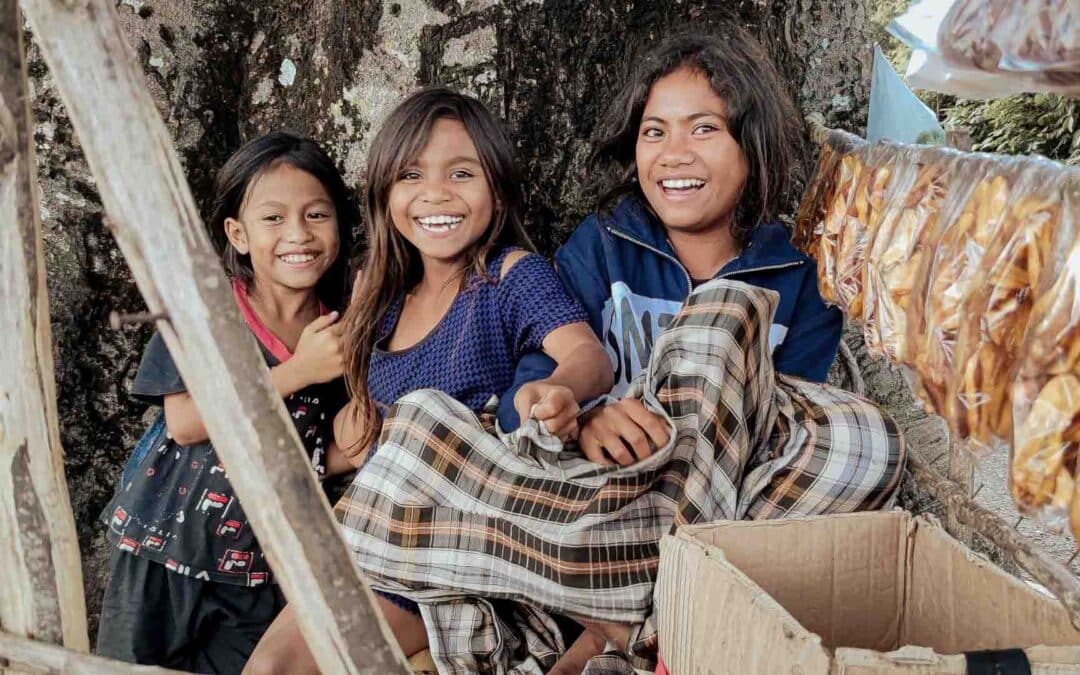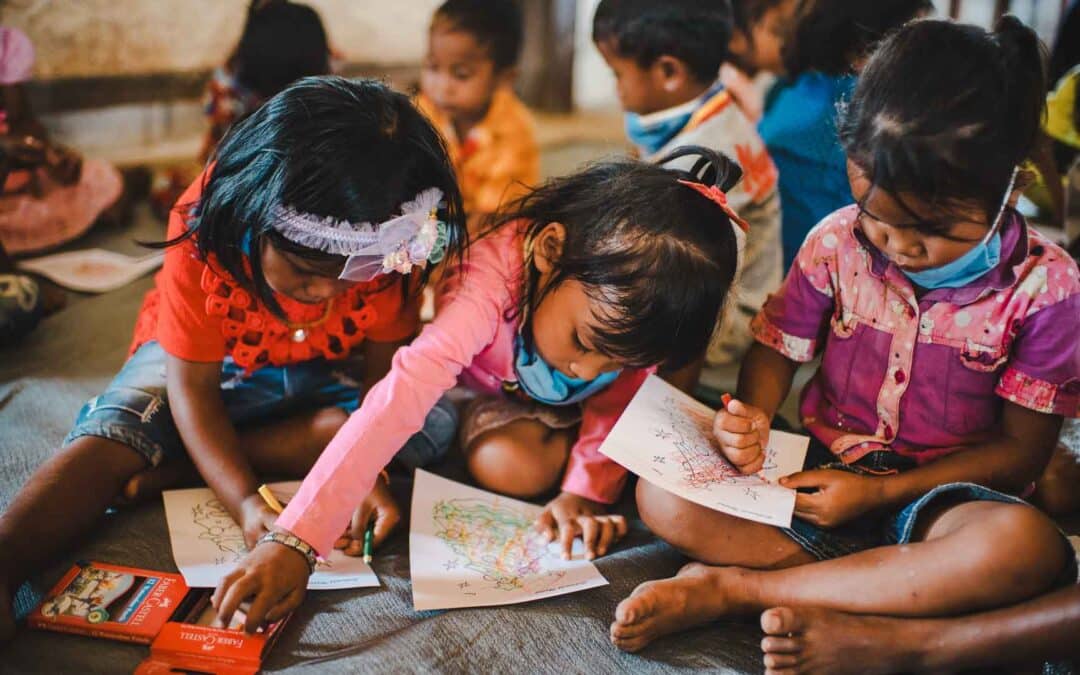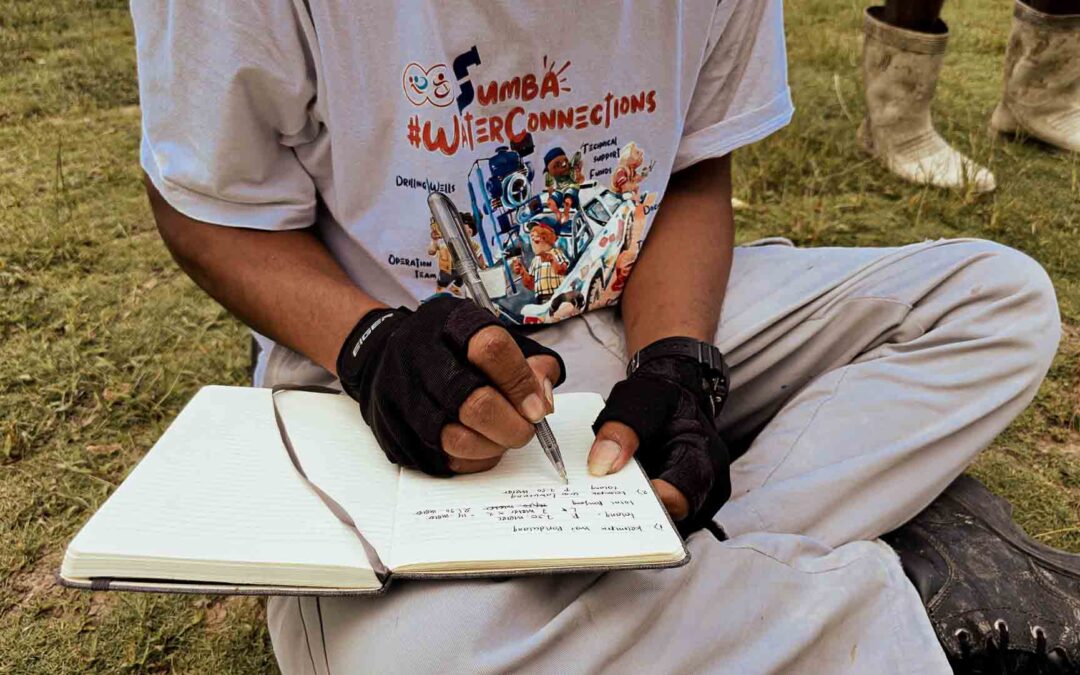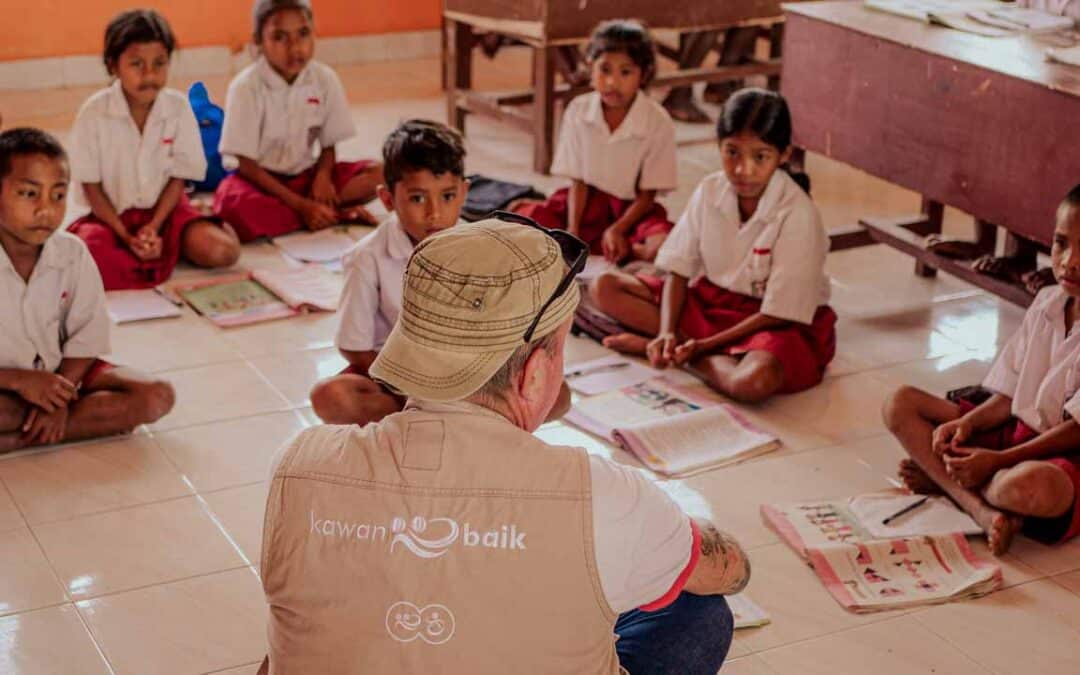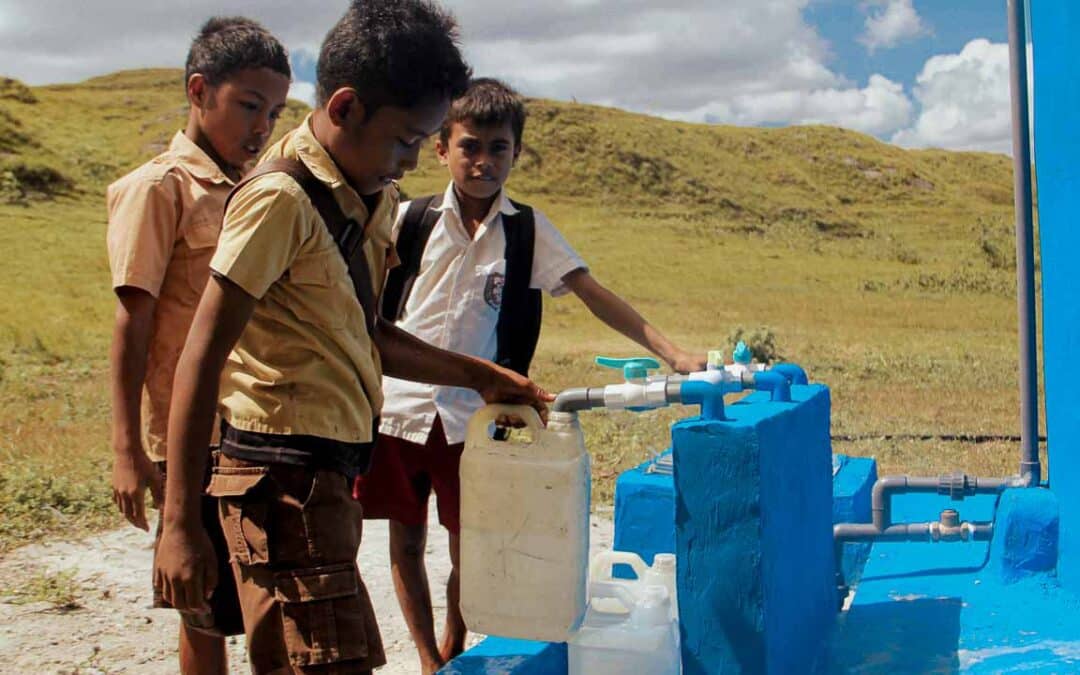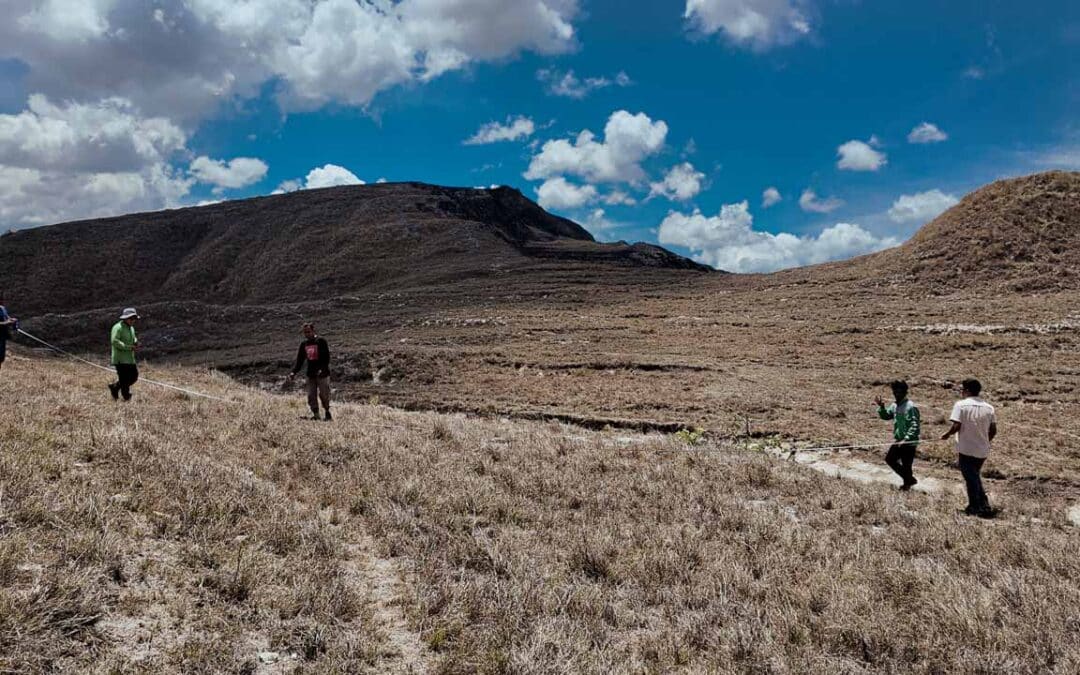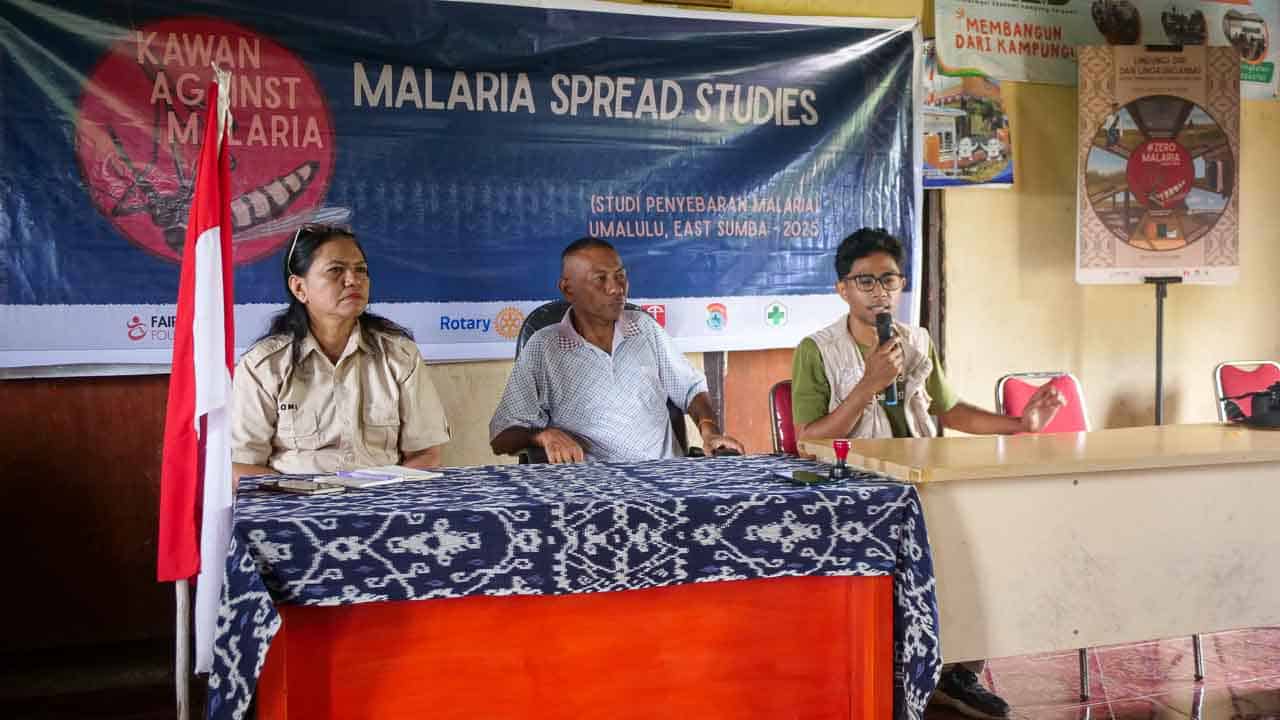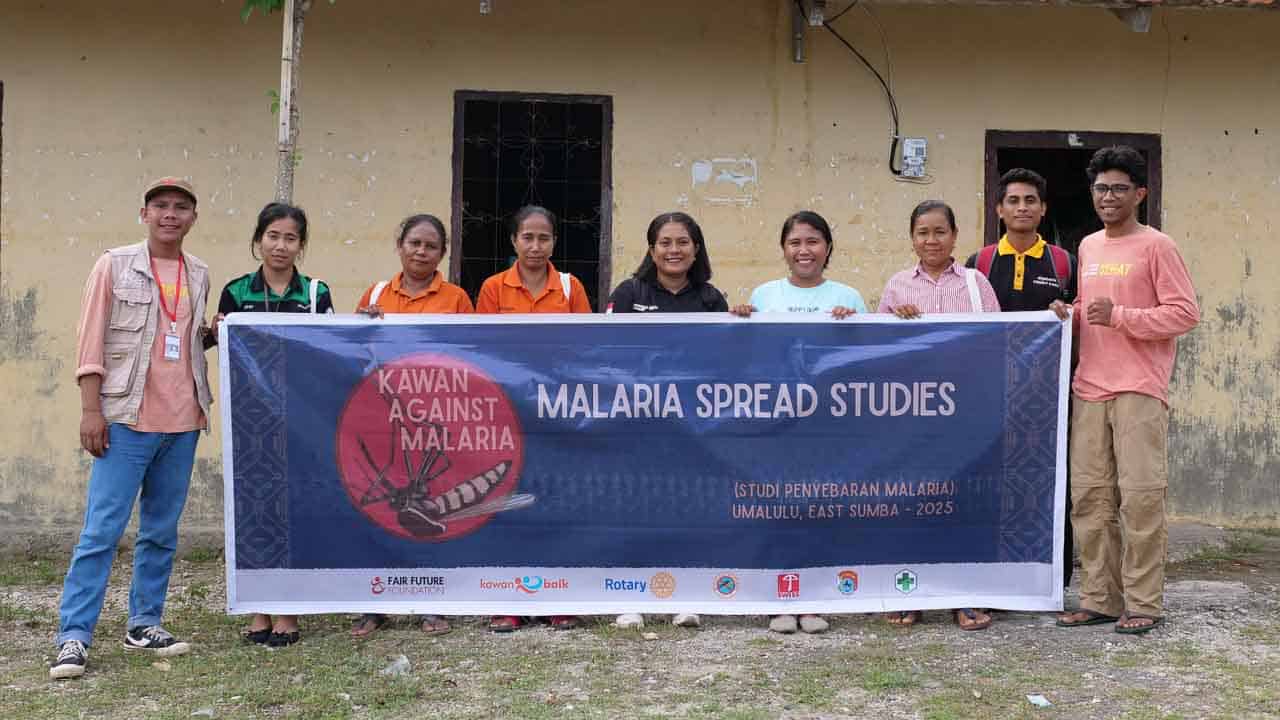Why does Fair Future focus part of its activities on access to clean water? While we are first and foremost a medical organization?
The benefits of clean water influence the daily lives of children and adults. Clean water is essential not only to stay disease-free but also to maintain good health; consuming contaminated water inevitably gives rise to various diseases that can be fatal, such as cholera, typhoid and hepatitis.
This is why Fair Future is doing everything it can to provide access to clean water in quantity and quality to the thousands of families who do not yet have access to it today. We invite you to see the benefits of access to drinking water here in this region of the world where Fair Future and Kawan Baik Foundation work daily.
Why access to clean water is essential and why Fair Future drills wells and builds clean and safe water systems. We invite you to see what the benefits of access to clean water are here in this region of the world where we work every day, but also elsewhere.
These ten benefits that we list below only prevail if people have access to a water source and/or sanitation facilities… This is very far from the case here, but we are changing that! Indeed, the vast majority of the rural villages where we work do not have access to toilets or a nearby water source.
We want to improve the quality of water supply, sanitation and hygiene
Cleaner water allows families to live healthier and more hygienic lives. This improvement in hygiene will reduce exposure to diseases caused by unsafe water or poor sanitation.
We put in place ways to reduce deaths and illnesses
Around 90% of diseases here are attributed to dirty or unsanitary water and lack of (or poor) sanitation and toilets. Access to clean water will dramatically reduce the number of water-related illnesses, especially among children, which we see month after month here.
We want to increase the quality of food available here through innovative solutions.
Improving access to clean water increases crops and individual gardens, producing higher quality food. As populations increase, this will help reduce the scourge of residual threats such as increased hunger. Here the rate of malnourished people and children is very high.
We want everyone to have access to water, to reduce conflict
Water sources often form imaginary borders and can sometimes cause conflict, even between families in a single village. Improving access to clean water can make communities less dependent on these waters, providing fewer grounds for conflict.
We are also working on this project for gender equality
Indeed, here women and children are responsible for water collection in almost 90% of households with off-site water. Access to clean water close to home will undoubtedly minimize this task, giving children more time for school.
We want better school attendance.
Collecting water can cost women and girls in Eastern Indonesia tens of thousands of hours a year. Clean water in a community can lead to the redistribution of that time for education, work and personal development.
We want to improve the lives of poor and rural communities
Access to clean water reduces the time needed to fetch water. This time will then be used to cultivate gardens, and food, go to school and the parents, and sell the vegetables from the garden. This helps poor communities reduce poverty rates and stimulate economic growth.
We innovate to reduce pollution.
Poor wastewater management can increase water pollution, spilling and contaminating consumable water supplies. We offer more efficient and effective ways that reduce the spread of corruption and help keep the family’s water clean.
We want to help protect local biodiversity.
Clean water doesn’t just benefit humans. It also contributes to preserving fully functional ecosystems. It contributes to the excellent health of farms and other animals that thrive in nature. But also to plants and other natural vegetation that need clean water.
We want to fight against the impact of climate change
Weather disruptions caused by climate change are leading to an increase in severe droughts, which disrupts the water cycle and makes water collection much more difficult. A phenomenon that Fair Future has seen here for years. Providing access to clean water will help communities get ahead of this growing problem.
The Well drilling program by Fair Future and Kawan Baik Foundations
Since 2006, Fair Future has been treating, providing medical care and prescribing medical treatment. These are tons of drugs that are offered each year. Our experience in the field, our analyzes and the data collected over all these years speak to us: Nearly 90% of patients develop acute or chronic diseases directly or indirectly linked to improper water consumption.
Diarrhea, to name just one common illness, remains a major but largely preventable cause of death. For example, improving water supply, sanitation and hygiene would prevent the deaths of hundreds of children under the age of 5 each year in eastern Indonesia.
Indeed, the absence of toilets, toilets and showers creates a huge problem related to hygiene in rural areas. People relieve themselves in nature, sometimes right next to the house. Contaminated water and lack of sanitation lead to the transmission of diseases such as cholera, diarrhoea, dysentery, hepatitis A, typhoid fever and poliomyelitis, to name but a few.
Dates of Photos: July 2022 | Location: Water Connections project – Site of Mbinudita
Why does Fair Future focus part of its activities on access to clean water? While we are, first and foremost, a medical organization?
The benefits of clean water influence the daily lives of children and adults. Clean water is essential not only to stay disease-free but also to maintain good health; consuming contaminated water inevitably gives rise to various diseases that can be fatal, such as cholera, typhoid and hepatitis.
The Benefits of Clean Water Influence the Daily Lives of Children and Adults and Impact the Quality of Life in a Community for Generations to Come. Fair Future sees a change in the habits of families who benefit from the Water Connections program. Without drilling deep wells here, families will not be able to access clean water and will have to continue walking for miles and hours to fetch dirty, unsanitary water. Most of the time, women and children are assigned to this exhausting task. Access to better health has always been the foundation’s primary mission, and healing people simply by giving them water is incredible. It is the only possible solution.
#water #safewater #cleanwater #deepwelldrilling #waterconnections #safewateraccess #cleanwateraccess #healthierlife #healthierfood #drinkingwater #sumbatimur #ntt #watershortages #fairfuturefoundation #kawanbaikindonesia #kawansehat #kawanpintar



